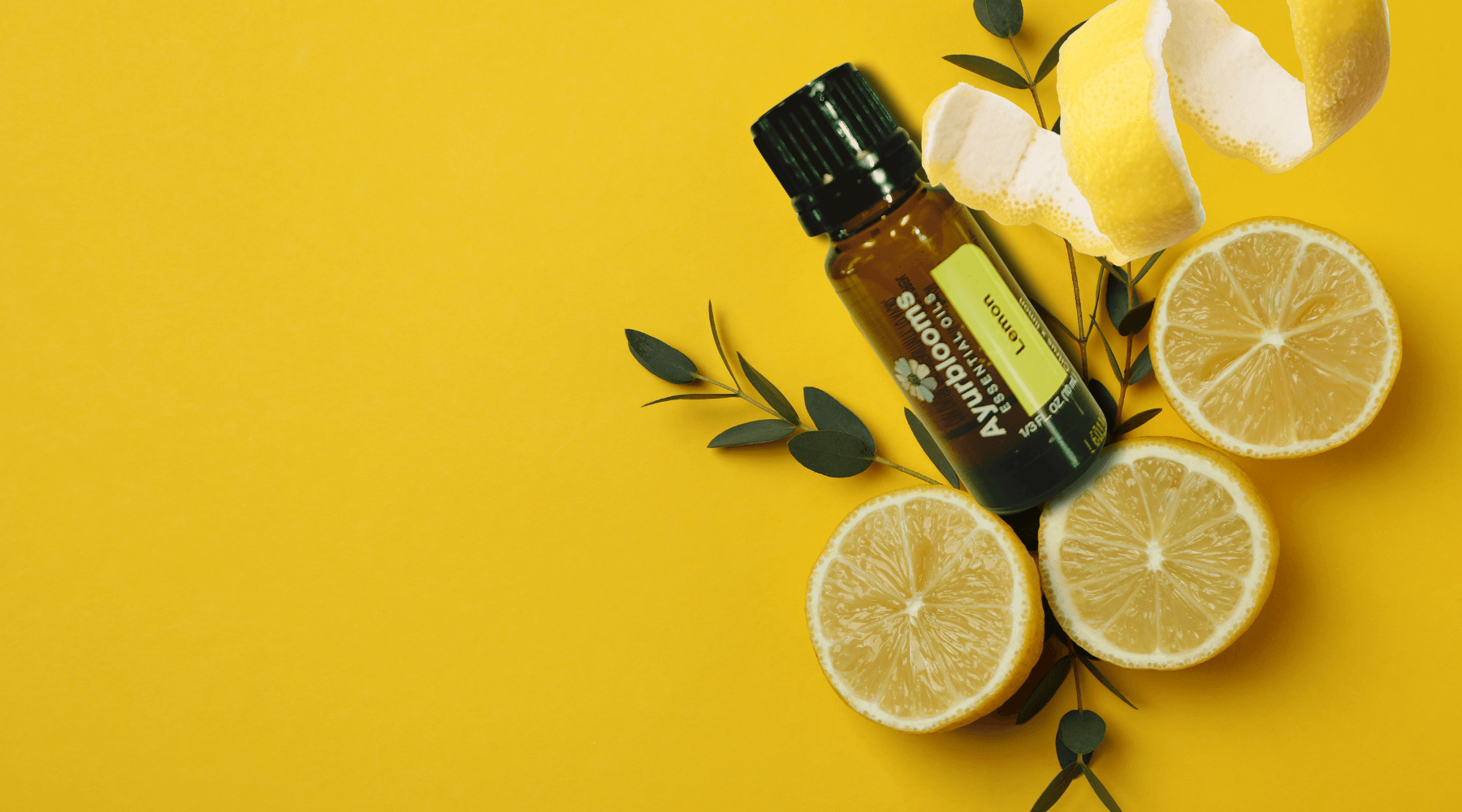
Unveiling the Timeless Tradition: The Historical and Cultural Significance of Lemon Essential Oil
Lemon essential oil, with its vibrant scent and versatile properties, has played a significant role in aromatherapy practices throughout history. In this blog post, we'll embark on a journey to explore the rich tapestry of historical and cultural significance surrounding lemon essential oil. Discover how this citrus powerhouse has left an indelible mark on aromatherapy practices worldwide, from ancient civilizations to modern-day wellness rituals.
Ancient Origins:
The use of lemon for its medicinal and aromatic properties dates back thousands of years to ancient civilizations such as Egypt, Greece, and Rome. In ancient Egypt, lemon was revered for its cleansing and purifying properties, often used in religious ceremonies and embalming rituals. The Greeks and Romans also recognized lemon's therapeutic benefits, using it to promote digestion, uplift the spirits, and freshen the breath.
Medieval Europe:
During the Middle Ages, lemon essential oil was valued for its antiseptic and aromatic properties. In Europe, where access to fresh citrus fruits was limited, lemon essential oil became a precious commodity sought after for its ability to combat infectious diseases and mask unpleasant odors. Monks in medieval monasteries cultivated lemon trees for their aromatic blossoms and fruit, using lemon essential oil in herbal remedies and perfumes.
Renaissance and Enlightenment Era:
The Renaissance and Enlightenment eras saw a resurgence of interest in the therapeutic properties of lemon essential oil. Herbalists and apothecaries of the time embraced lemon as a remedy for various ailments, including digestive issues, fevers, and melancholy. Lemon essential oil was also prized for its uplifting and refreshing scent, which is believed to promote mental clarity and creativity.
Colonial America:
Lemon essential oil made its way to colonial America through European settlers, who brought with them the knowledge of its medicinal and aromatic uses. In the New World, lemon essential oil was valued for its culinary versatility and therapeutic benefits. It was used to flavor food and beverages, treat digestive disorders, and prevent scurvy among sailors.
Modern Aromatherapy Practices:
In the 20th century, aromatherapy emerged as a holistic approach to health and wellness, drawing inspiration from traditional herbal medicine and ancient healing practices. Lemon essential oil became a staple in aromatherapy practices, valued for its uplifting, cleansing, and purifying properties. Today, lemon essential oil continues to be cherished by aromatherapists and enthusiasts alike for its versatility and effectiveness in promoting well-being.
Cultural Significance:
Beyond its therapeutic benefits, lemon essential oil holds cultural significance in various societies worldwide. In Mediterranean cultures, lemon is associated with vitality, abundance, and purity, and it is often used in culinary traditions and religious ceremonies. In Asian cultures, lemon is prized for its auspicious symbolism and used in rituals to ward off negative energy and bring prosperity.
Conclusion:
As we conclude our exploration of the historical and cultural significance of lemon essential oil in aromatherapy practices, it's clear that this citrus powerhouse has left an indelible mark on human history. From ancient civilizations to modern-day wellness rituals, lemon essential oil continues to captivate and inspire with its vibrant scent and versatile properties. Whether used for its therapeutic benefits or cultural symbolism, lemon essential oil remains a timeless symbol of vitality, purity, and well-being.
Cautionary Note:
Before using essential oils, conducting a patch test to check for any allergic reactions or sensitivities is crucial. Pregnant or nursing individuals, children, and those with underlying health conditions should consult a healthcare professional before using essential oils. Essential oils are highly concentrated and should be used with caution. Keep out of reach of children and pets. If ingested, seek medical attention immediately. Avoid contact with eyes and mucous membranes.
This article is for informational purposes only and does not constitute medical advice.
Explore Ayurblooms' premium selection of lemon essential oil products and embark on a journey of holistic wellness.
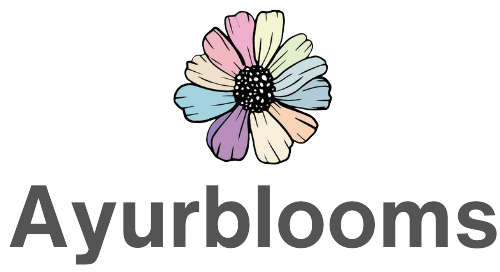


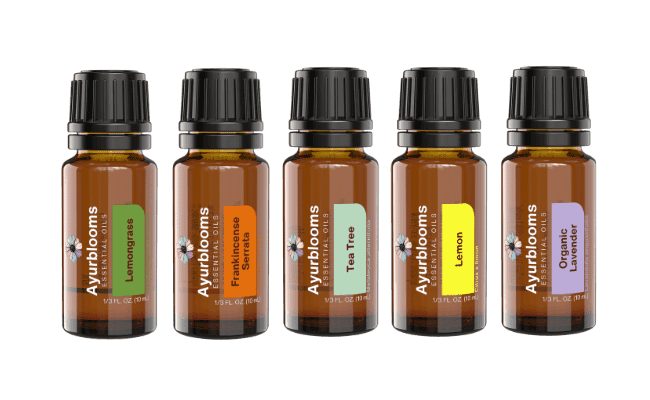
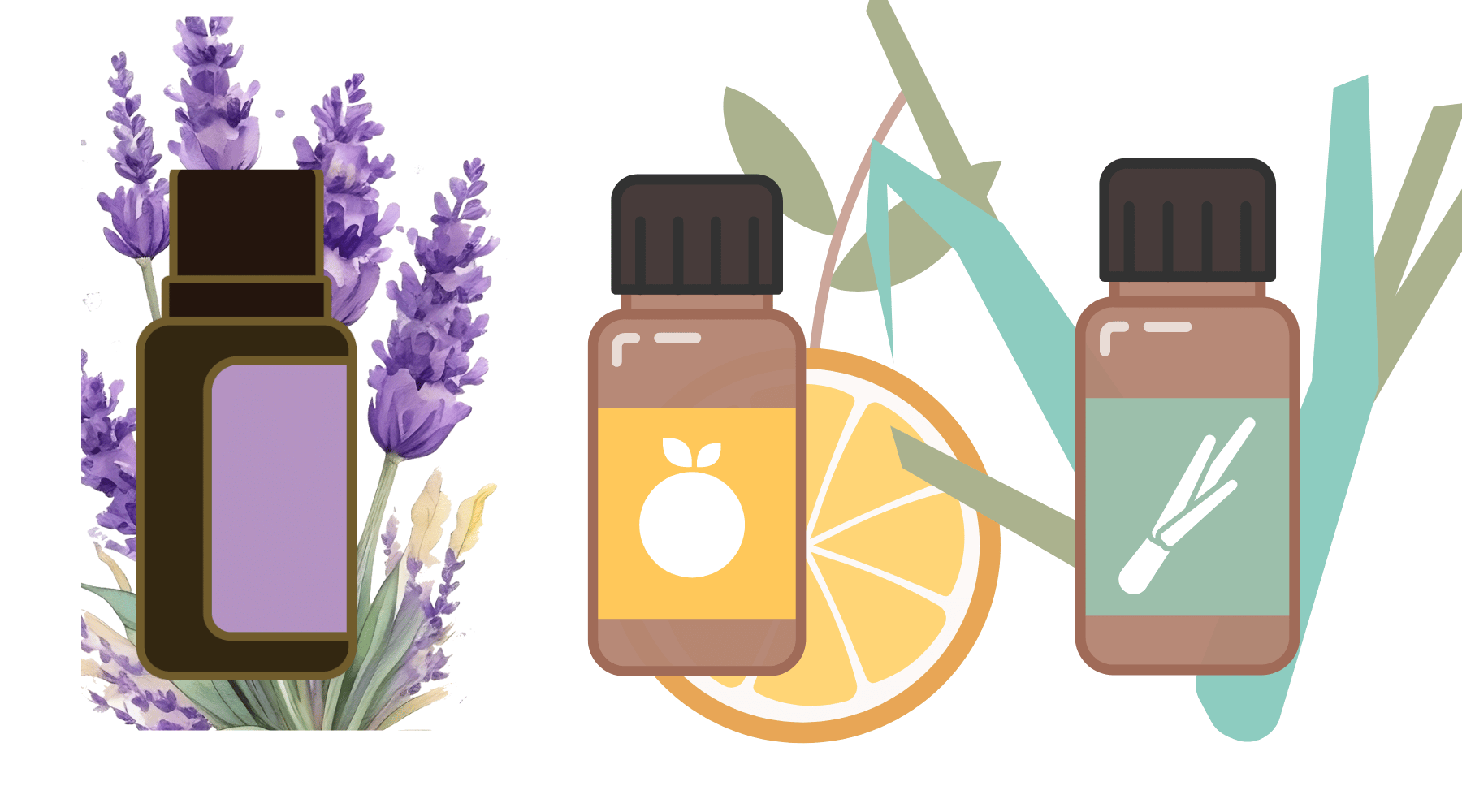
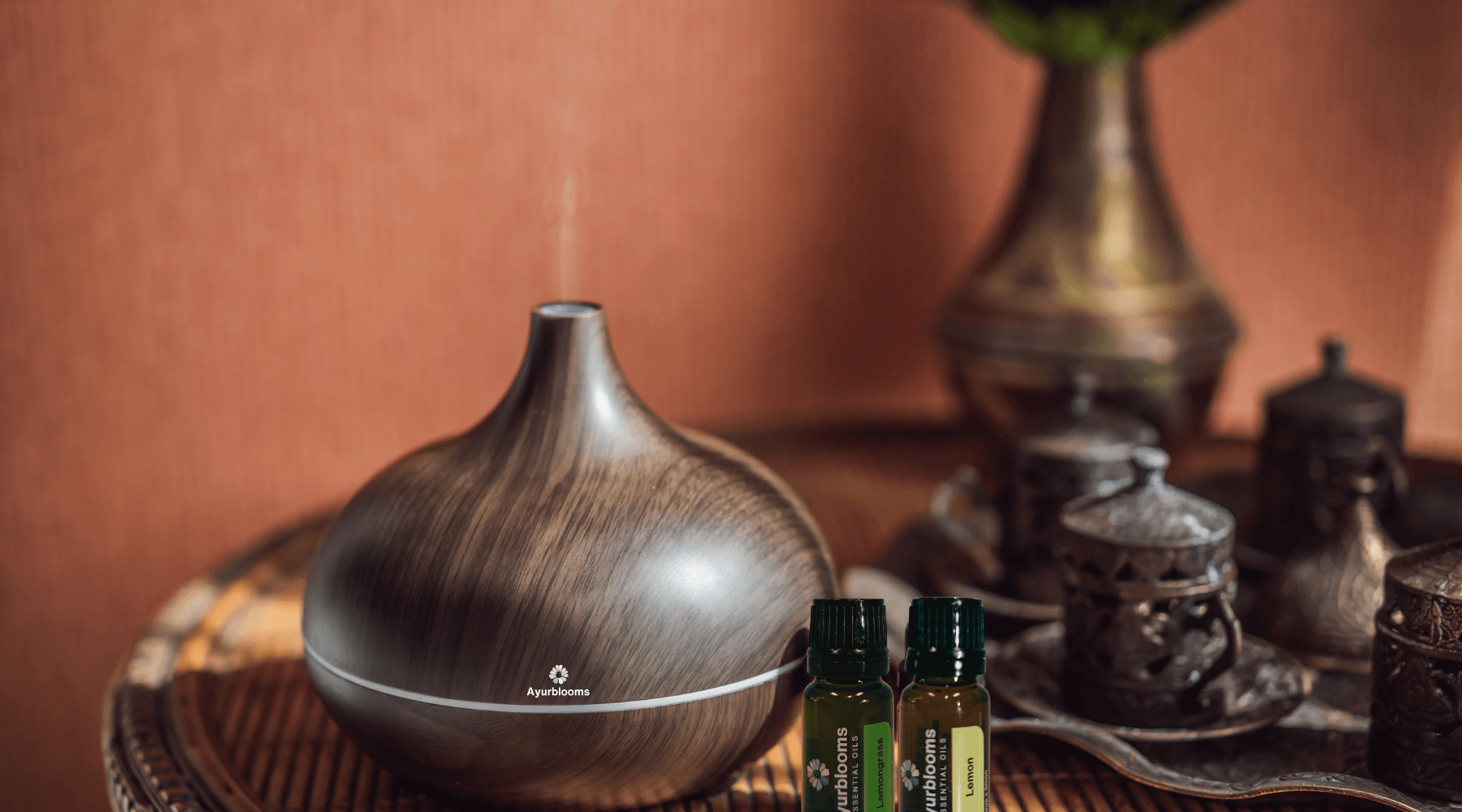
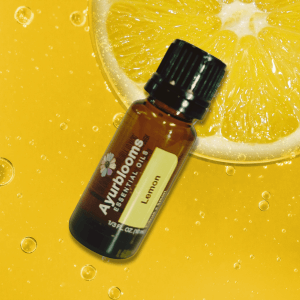
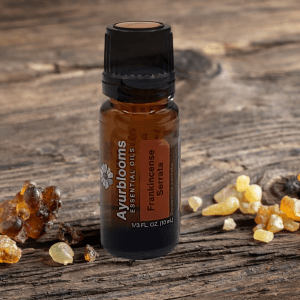
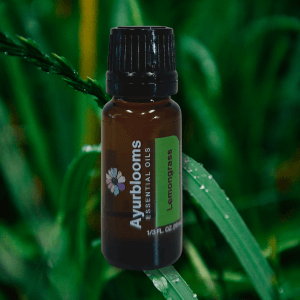
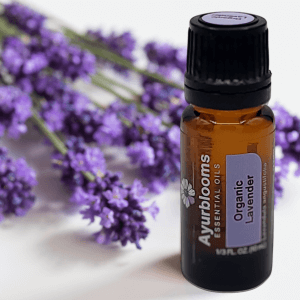
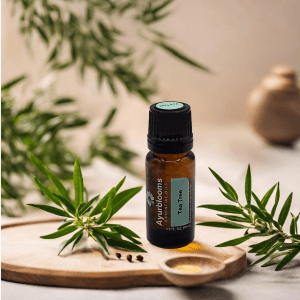
Leave a comment
This site is protected by hCaptcha and the hCaptcha Privacy Policy and Terms of Service apply.